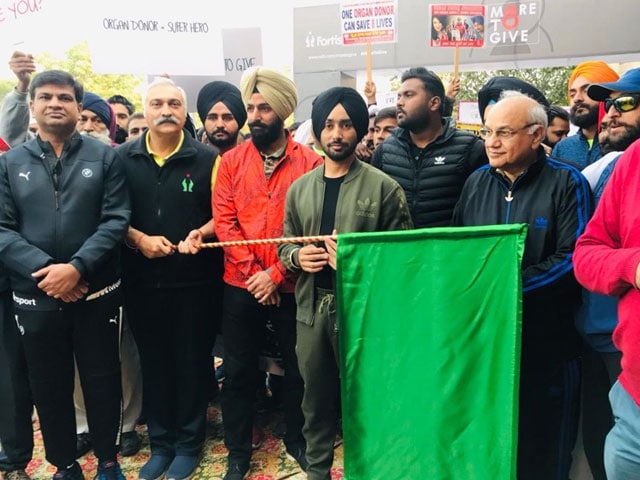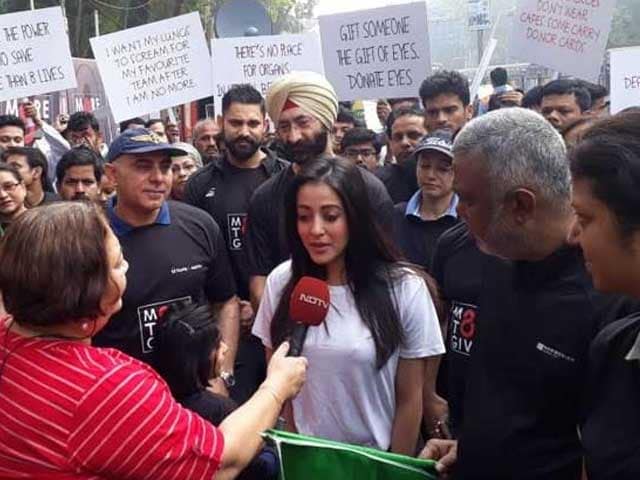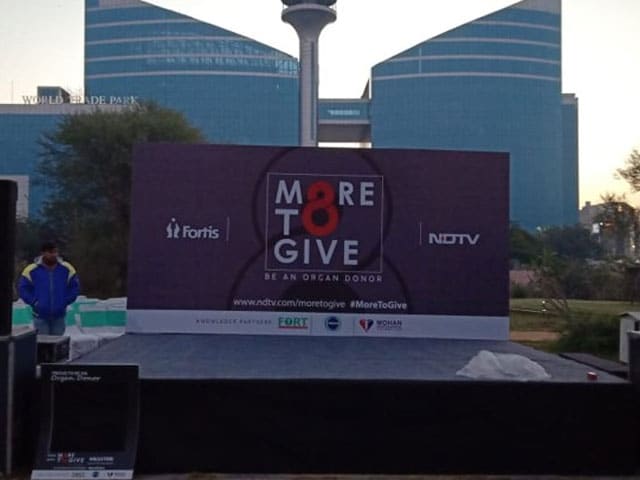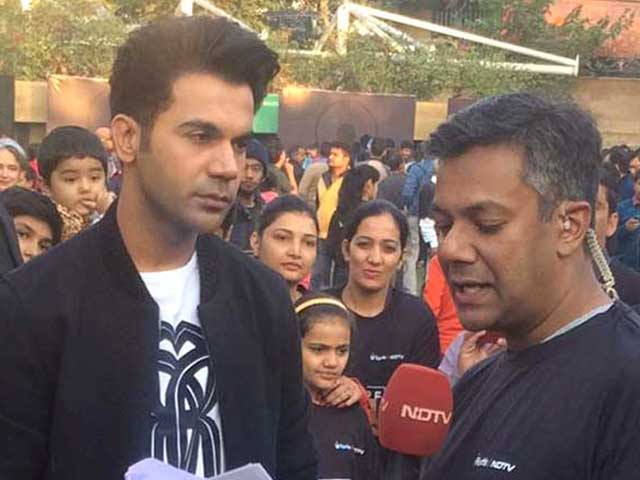
Here’s the lowdown on everything you need to know about organ donation and transplantation. If you have any more questions or queries, please leave them in the comment box, we will get back to you. Or you can Ask Our Experts here.
- How do I pledge my organs?
Organs can be pledged online with National Organ & Tissue Transplant Organisation (NOTTO), which comes under the Government’s Ministry of Health and Family Welfare. You can also register at Organ Retrieval Banking Organization (ORBO), AIIMS Hospital, or NGOs like the Mohan Foundation, ORGAN India, Gift Your Organ Foundation, etc.
- Does it cost to donate organs?
No donation cost is borne by the donor or the donor’s family.
- Is there an age or sex bar for donating organs?
No, both sexes and people of varied ages can donate organs. The youngest donor in India has been a one-and-a-half year old baby, and the oldest an 83-year-old woman.
- What organs can I donate?
Organs: Heart, Liver, Lungs, Pancreas, Kidneys, Intestine
Tissues: Cornea, Skin, Heart Valves, Bones, Tendons, Blood Vessels, Ear Drums
- Can all organs be donated only after my death?
No; one can donate kidney, parts of liver, and parts of pancreas when alive if there’s a match. This match is determined by myriad of medical examinations. Most importantly, the blood group must match.
- How is brain-death determined?
According to the Transplantation of Human Organs (THO) Act 1994, the person’s death has to be certified by a board of four medical experts twice in a time frame of six hours before the person’s organs can be surgically removed:
– A Registered Medical Practitioner (RMP) who is in charge of the hospital
– An independent RMP nominated by the panel of names approved by the Appropriate Authority
– A neurosurgeon/neurologist. In absence of a neurosurgeon/neurologist, any surgeon physician, anesthetist or intensivist from panel of names approved by the Appropriate Authority
– The RMP who was treating the deceased
- I have pledged to donate my organs, but that’s only possible in the event of brain death. What happens in the case of natural death?
Only tissues such as cornea, heart valves, skin, and bones can be donated. If a person dies naturally, the heart stops beating because of which the oxygen supply to the organs gets cut-off leaving them unfit for donation.
Family members of the deceased person would have to contact the nearest eye or tissue bank in the case of natural death.
- Can I opt for donating my entire body?
Yes, at a medical college.
- Once I take the pledge, is organ donation legally binding?
The act of pledging only says that ‘I wish to donate my organs’, there is no legal binding to the pledge.
- What is the procedure/paperwork needed from my side, if I decide to pledge my organs?
Since organ donation isn’t legally binding, there’s not much paperwork involved.
- Can I withdraw my pledge at a later stage in life, if I so wish?
Yes; just inform the agency you registered with.
- Does my family have to know about my decision to pledge my organs? Is the donor card not enough to convey my wish to donate my organs?
Yes, it is pertinent that family members know and agree with the individual’s decision to donate. The individual’s decision can be reversed by the family when the time comes.
- How do I ensure that my pledge is honoured after my death?
Since the final decision rests with the family, they must be informed about the decision to donate organs.
- Can the family reverse my decision to pledge after my death? What happens if family members of the brain-dead person, who pledged to donate his organs, don’t consent to donation?
The donation/transplantation doesn’t take place.
- In case of an accident, will doctors or hospitals not make all efforts to save me because I have pledged my organs? Will it affect my treatment?
Absolutely not! All efforts would be made to save your life. Organ donation can occur only in case of brain death – the irreversible end of all brain activity.
- I smoke and drink regularly. Can I still pledge to donate my organs?
Yes! Medical experts first check whether the donor’s organs are fit to be transplanted. Medical condition at the time of death determines what can or cannot be donated.
- I have a lot of piercing and tattoos on my body. Does that make me an unfit candidate for organ donation?
No, health of the organs at the time of donation is what determines whether a candidate fit or unfit for donation.
- Are there any factors that can disqualify me from donating organs?
Unless you have blood related diseases, there is nothing that can disqualify anyone from donating organs. Whether or not one can donate is determined after a thorough medical screening when one is in a position to do so.
- Can someone with diabetes, cancer or HIV donate organs too?
One infected with HIV, or Cancer, or any other blood-related infection cannot donate organs.
- If I donate in my lifetime, then will I have to change my lifestyle after donating an organ?
Not necessarily.
- What role do hospitals play in counselling and following up with donors once the transplant has happened to ensure donors lead a healthy life?
Hospitals, doctors, and transplant coordinators work in tandem to ensure the donor’s good health. There is a protocol that is followed that ensures that donors are well taken care of.
- What if I don’t pledge my organs, but my family decides to donate whatever organs are still healthy after my death? Can organ donation take place without my approval?
The decision of whether or not one’s organs can be donated lie with the next of kin. If they agree, organs can be donated.
- Who all can one donate to?
Living Donation: Primarily to near relatives such as spouse, son, daughter, father, mother, brother, sister, grandfather, grandmother, grandson or granddaughter. In unrelated transplants, permission from Authorization Committee is required.
Deceased Donation: As per allocation criteria
- Can one donate only to relatives or blood relations or can one donate to others outside the family?
One can donate outside the family with the permission of the Authorization Committee.
- If I donate to someone outside the family, is my identity confidential or known?
The identity of the donor remains confidential.
All the above information has been validated by Dr. Aarti Vij, Faculty Incharge, Organ Retrieval Banking Organization (ORBO), All India Institute of Medical Sciences, New Delhi.










My dad has pledged to donate his organs and has filled the online form on 27 November 2016. He has mentiond my name as next of kin . I have not received a response yet from FORTIS or NDTV and want to know the authority that I need to contact for donation
Hi
can you specify any agency name who work in Naroda, Ahmedabad area.
Regards